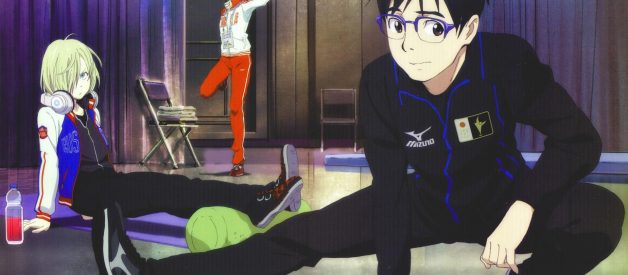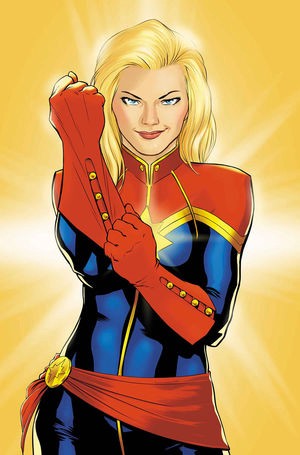
If you?ve been on the internet, you?ve heard of Forced Diversity. It is a concept that you see people throw around a lot at works featuring characters who are not male, PoC, and/or non-cishet.
But if Forced Diversity exists, surely there must be a ?right? way according to these people how to write a diverse character. If diversity can be ?forced,? surely it can, in a corresponding way, be?not forced?
Let?s take this exercise as a little thought exercise. Let?s analyze how one might write a story without ?Forced Diversity.?
But to that that, we have to ask first?what is Forced Diversity?
What is Forced Diversity?
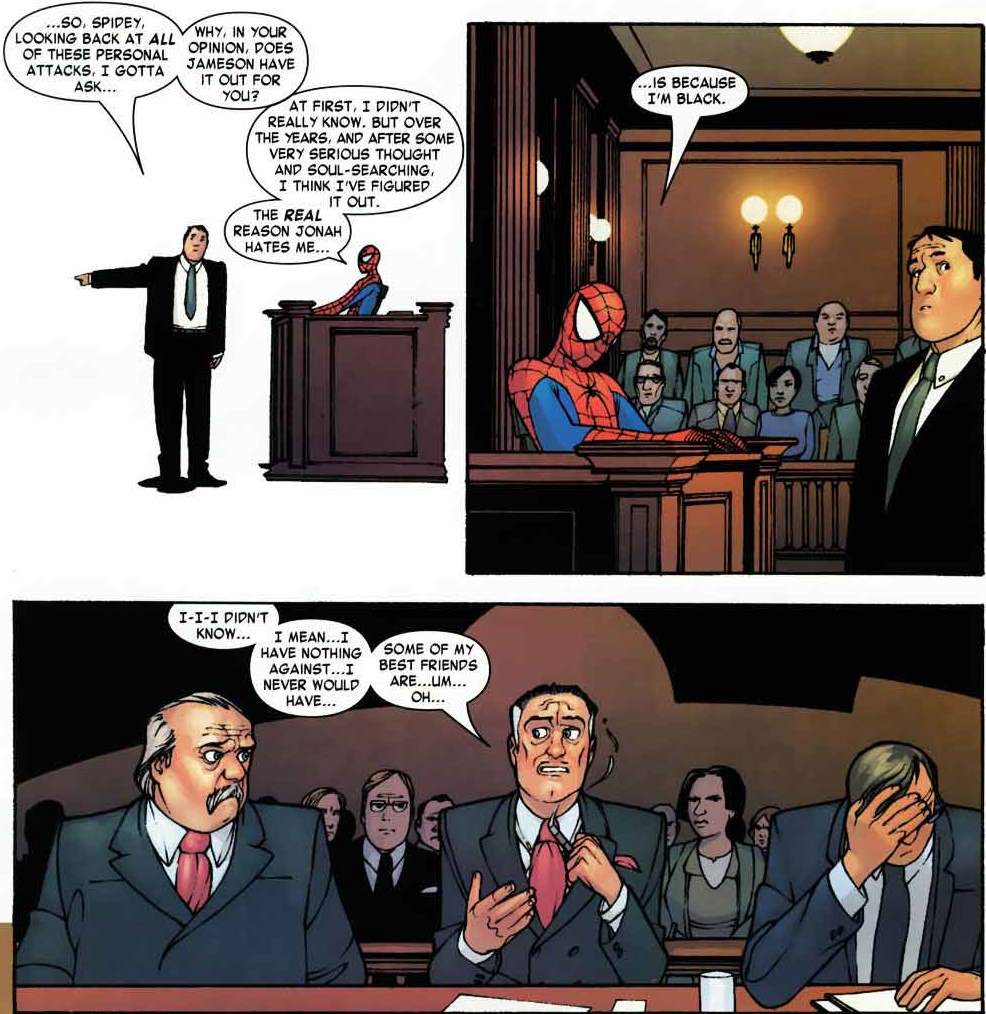
Awhile ago on Twitter, I asked people to try to explain what ?Forced Diversity? meant. I?ve seen the term thrown around a lot on the internet, but never once have I had a real sense of what the term meant.
The post drew around 3.5K views, netted 74 likes, and 20 reply chains. It was by no means an authoritative survey of pop culture or the internet at large, but I drew some interesting responses.
I will not cite them here, but there seemed to be a few general consensuses:
- Forced Diversity is a buzzword thrown by bigots to rationalize critiques against works featuring diverse people on the merit that diverse people make a work ?worse.?
- Forced Diversity is when diverse people appear in a work for the sole purpose of garnering attention and/or sales.
- Forced Diversity is when diverse people are poorly written.
After reviewing these three answers, I decided to look at some of the recent social movements that have cropped up in response to the Forced Diversity problem. In particular, the main critiques of organizations like Sad Puppies and ComicsGate.
Let?s Break Down These Reasons?
Let?s look at these three real fast.
Option three tells us that Forced Diversity is somehow poorly written diversity. This I find particularly odd, seeing as how many stories without diversity are poorly written but rarely gain the same ire these diverse stories get for that same reason.
This tells me that option three is probably not the core reason for Forced Diversity. Bad works are just bad, but why should the quality of the diverse writing count for anything?
Plus, people called films like Black Panther an example of Forced Diversity, and, from any metric, that film was a triumph.
Option two tells us that Forced Diversity occurs when diversity is used to garner sales. Many ComicsGate people point to Marvel catering to diverse populations of fans by putting female and ethnically diverse heroes front and center to garner sales.
Of course companies like Marvel will advertise characters to specific demographics to best deliver stories to the right audiences. Successful stories tend to be marketed to the proper demographic. You wouldn?t get angry at, say, Harry Potter for advertising to children and families, would you? No, because children and families are the primary audience of the Harry Potter series.
Likewise, why should anyone be angry at Get Out for advertising to African-Americans? Or for Marvel advertising Ms. Marvel, a title featuring an Islamic-American lead, to Islamic-Americans?
So the idea that marketing your story to someone other than white cishet men is ?bad??does that really hold any weight?
So no. Logically, we are left with option one. Forced Diversity is a buzzword. It?s meaningless. No one with any critical perspective is going to use this word in a meaningful context because the term has no meaning.
But why does the term exist and what pushed it into public consciousness?
Diversity and ?Normal? are Mutually Exclusive
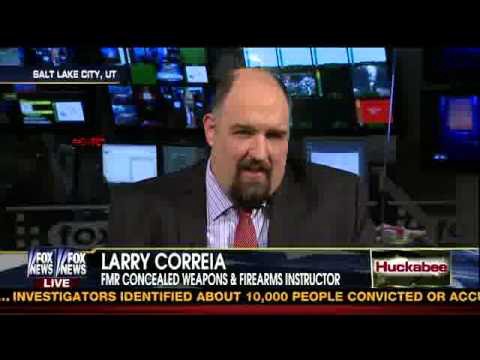
Many in the SFF community may remember the Sad Puppies controversy. Back in 2015, Sad Puppies founder Larry Correia stated in a podcast:
The nominations are kinda controlled by certain little cliques. Now don?t get me wrong, I think most of the Worldcon voters are inherently honest people who really value the system and they treat it very seriously. I have nothing but respect for those people. But I believe that they are ? they?re not outnumbered, but they are outmaneuvered. So what happens is these little politically motivated cliques, they can nominate all their friends and get all their people on there based on the politics of the person, not the quality of the work.
Correia presented a scenario where diverse works out-maneuvered right-wing voices, forcing the voices of certain writers out of mainstream attention ? or, at least, critical attention.
Now, Correia does have a point. Certain stories are prioritized by critics. Because critics typically do like stories that are ?good? or ?meaningful.? This does not always overlap with stories that are financially successful, however, because the quality of a work does not always help sell copies of a book or comic.
Comments by figures like Correia gave voice to the concern many conservatives had that their voices ? primarily white, cishet male voices ? were somehow less valuable than the voices of people who, hitherto, had been underrepresented.
In short, they had to share the stage with people unlike them, and, if they couldn?t hog the whole stage, then what made white, cishet males special?
In truth, nothing. Nothing made them special.
However, rather than accept that nothing made their works special and more deserving of attention, they decided that the critics believed they saw diverse voices as special.
Thus, the opposition between ?normal? stories and diverse ones. Between critically lauded works and ?normal, red blooded? ones.
But you can?t just say ?books with black people are bad,? without someone (rightfully) calling you a racist. Nor can you say you hate books with homosexual leads without someone calling you a homophobe.
So, to trick people outside their circle that they weren?t racists, they used terms like Forced Diversity to convince people that they had a point worth making.
And it worked. Too well. Because the term has become so ubiquitous throughout pop culture that people have tried to justify its place in society. They use it as a metric, between Forced and Unforced Diversity, but when you start with nothing?what counts as forced and what isn?t?
Diversity That Makes White Cishet Men Uncomfortable is ?Forced?
As someone who is a white cis male, I am not saying these works make me uncomfortable personally, nor am I saying all white cishet men are unable to experience entertainment outside their demographic.
However, I am saying that it appears consistently that the works that are marked as ?Forced Diversity? tend to make people outside that demographic uncomfortable, either for one of a few reasons:
- It challenges the outside demographic?s personal sense of authority
- It forces them to view the world through a lens they are unaccustomed to
- It paints the outside demographic in a negative light
Let?s start with the first reason. With comics, many heroes are white cishet males. Many of them are fantastic characters whose popularity is well-merited. One of these characters is Thor, who has been replaced multiple times in his history for one reason or another. Additionally, Thor has been deemed unworthy of the hammer for one reason or another. These are usually short story arcs that end with the status quo returning to normal shortly after.
However, then Jane Foster wielded Thor?s Hammer, effectively becoming the new Thor. This took power away from a male hero. Most fans reacted positively to the story, despite a few awkward early issues. But the Forced Diversity crowd regarded this change as sacrilegious because Thor is a man, not a woman.
These fans didn?t seem to mind, however, when Thor was replaced by a horse-faced alien or a frog.
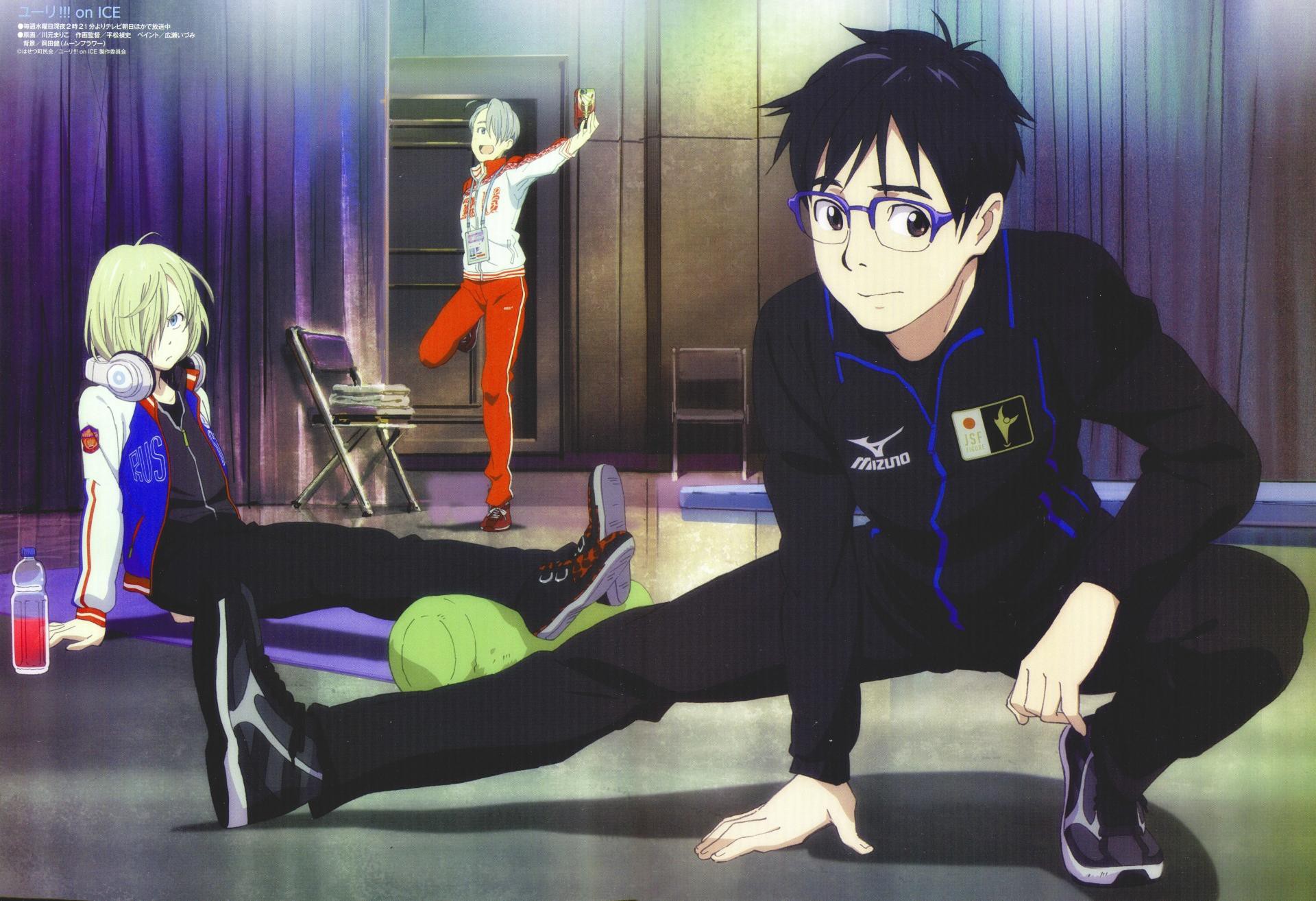
Then there?s the second example. Here?s a pretty innocent example. In the anime Yuri on Ice, the main character is a Japanese male ice skater who has a same-sex relationship with his Russian coach. Despite numerous cultures being represented throughout the series (Thai, Italian, Canadian, to name a few), at no point do we see an American viewpoint (despite Yuri living at one point in Detroit). Despite a heavy focus on Yuri and Victor?s romance, at no point does the show ever present any obstacles associated with a same-sex couple suffering because of some inherent forbidden element to a same-sex relationship.
Again, Yuri on Ice is widely regarded as a modern masterpiece. A small population of American anime fans still called it an example of Forced Diversity. This is despite the fact that at no point do the characters even experience language barriers due to their vastly different home countries. Diversity is never a conflict in the series. This is also despite the fact that several different countries partake in real ice skating tournaments like the one featured in the anime.
So why would this be ?Forced??
The only conclusion is that the ?Forced? element is the idea that, somehow, all these different people can come together without any special value being given to white cishet men.
Which leads to the last one. Works that paint white cishet males negatively.
Namely, every story about racism where a white male isn?t the savior. We?re not talking about The Help, where black people need a white person to gain equality. We?re not talking about stories where heteo-normative society is painted as the primary obstacle keeping queer people from finding happiness.
And, yes, we?re talking about stories where women really don?t need men. At all.
Consider this: the people who claim these stories are examples of Forced Diversity will never call foul if the roles are reversed. Evil gays? Evil black people? Evil women? They seem fine with that, but the moment the villain is a white cishet male, they react in the extreme, as if they are so sensitive to criticism that the very idea of a person expressing any antagonism towards them is merit to ?evil.?
These people never ask why these stories make them feel uncomfortable. They never consider that they?ve existed so deeply in their own echo chamber of similar opinions for so long that any new voice might shatter their world view. They never consider that maybe the reason these different stories make them feel uncomfortable is because they fear that which is unlike themselves.
Perhaps they don?t fear Forced Diversity. Perhaps they simply fear being forced to think.
